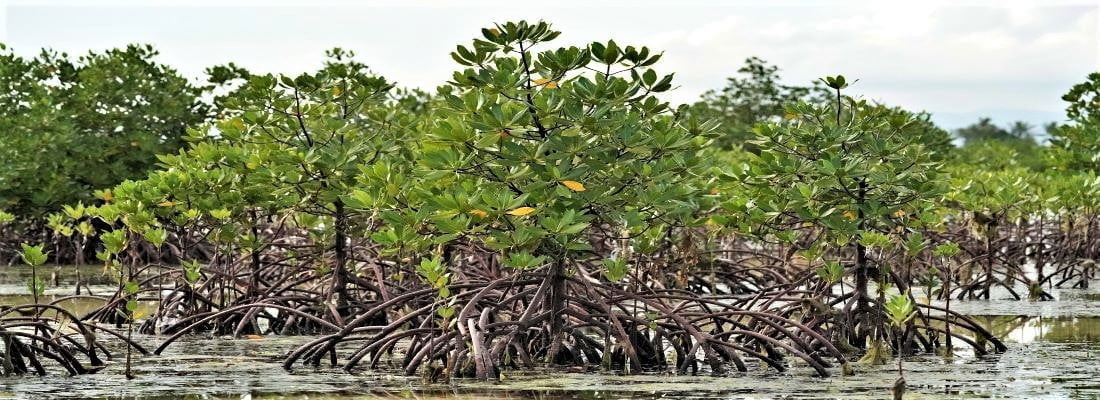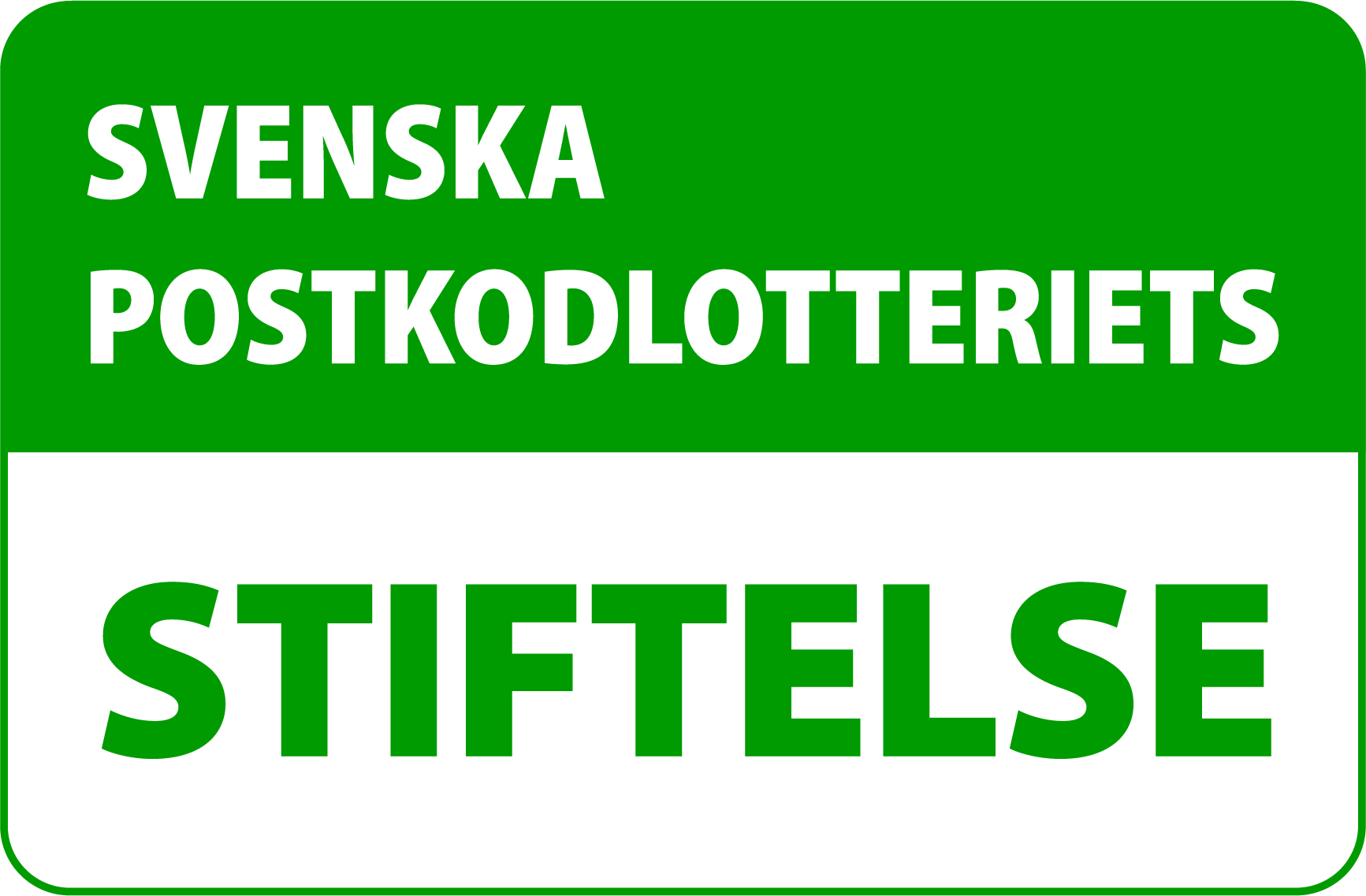
Coastal Ecosystems Initiative
The Swedish Postcode Lottery Foundation launches initiative to strive towards coastal ecosystems rich in biodiversity and thriving coastal communities resilient to the impacts of climate change.
Coastal ecosystems are among the most productive and species-rich on the planet, and are of particular importance for biodiversity. The capacity to capture and store carbon, make coastal ecosystems crucial to combating climate change. By functioning as natural barriers against floods and extreme weather, coastal ecosystems serve as protection for both people and nature, and create resilience to the impacts of climate change.
Despite their importance for biodiversity, climate adaptation and human survival, coastal ecosystems are severely under threat by human activities, such as unsustainable coastal fishing, eutrophication, pollution and over exploitation. Powerful measures are needed to reverse this trend. We need to increase efforts to reduce the impacts of human activities, protect and restore critical ecosystems, and empower local communities to lead efforts. Nature’s ability to provide services, protection and resilience should be maintained and enhanced, and should serve as inspiration for new nature-based solutions.
As part of The Swedish Postcode Lottery Foundation’s commitment to combatting climate change and loss of biodiversity, we are now launching a major effort to protect and restore the world’s coastal ecosystems. The purpose of this initiative is to strive towards coastal ecosystems rich in biodiversity and thriving coastal communities resilient to the impacts of climate change.
Through the Coastal Ecosystems Initiative, we aim to support projects that contribute to this purpose by:
- Reducing human-caused threats to coastal ecosystems, for example through regulations, initiatives, and solutions to reduce the occurrence of invasive alien species, pollutants, excess nutrients, pesticides, exploitative practices, and over-use of resources that directly impact coastal ecosystems, as well as through market or policy incentives to protect and restore coastal ecosystems.
- Protecting and restoring critical coastal ecosystems, for example through the designation of protected areas, restoration activities, area-based conservation measures as well as recovery and conservation of key species.
- Harnessing the power of nature to enhance community resilience and coastal protection, for example through nature-based solutions and ecosystem-based approaches that restore, maintain and enhance nature’s contribution to people, while delivering co-benefits for biodiversity.
- Promoting community-led solutions and empowering coastal communities to sustainably manage coastal resources, for example through supporting capacity building, localizing decision-making, protecting and encouraging a customary sustainable use of coastal resources by local communities, promoting benefit sharing and developing sustainable livelihood opportunities.
Through this initiative we intend to support selected projects with a combined total of up to 20 million SEK with financial contributions to individual projects ranging from 2 to 7 million SEK. Financial contributions at the higher end of this range will be reserved for projects with larger scale solutions with the potential for wide level impact, whereas financial contributions at the lower end of the range can encourage solutions at a more limited geographic area.
We expect most projects to run between 18 and 24 months but may accept a duration of up to 36 months if a strong rationale is provided.
